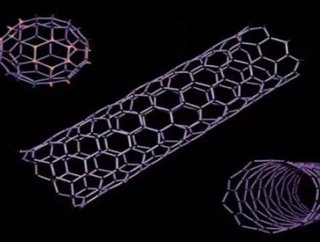Nanotechnology Creates Efficient, Less Expensive Hydrogen Fu

Hydrogen is, without a doubt, the most reasonable means by which to move into an alternative energy future. It can be created by simply splitting water molecules, stores indefinitely, burns 10 times hotter than traditional natural gases, is the lightest element known making it easy to transport, and the byproducts of processing it for energy are chemically pure water and medical grade oxygen. It seems like a no-brainer. However, the greatest downfall to the hydrogen energy movement up until now has been the high cost and low efficiency of the fuel cells needed to convert the hydrogen into electrical power. That’s all about to change thanks to a breakthrough in nanotechnology.
Bing Energy Inc. has entered into a commercialization agreement with Florida State University to use a revolutionary nanotechnology to make hydrogen fuel cells that are smaller, lighter, more durable and less expensive than their successors. Dr. Jim P. Zheng, professor of electrical and computer engineering, has designed a thin membrane using a nanomaterial known as “buckypaper” that reduces the amount of platinum needed in a standard fuel cell. The membrane is thinner and lighter than current components, allowing for smaller fuel cell designs while retaining energy output, not to mention reducing the cost by cutting down on the expensive platinum needed.
"What Dr. Zheng has developed is truly the 'better, faster, less expensive' story applied to fuel cells," said Richard Hennek, vice president for business development at Bing Energy, Inc. "He has cleverly utilized the latest in nanotechnology to provide a dramatically better solution for the PEM fuel cell. Performance improvements of 40-plus percent, durability improvements of 25 percent and all at a lower cost make for a compelling story. We at Bing Energy are truly excited to work with Dr. Zheng and Florida State University to bring this technology to the marketplace."
Bing Energy has been given exclusive use of this revolutionary nanotechnology to develop the next generation of hydrogen fuel cells. Dr. Zheng’s technology will for the first time make fuel cells a viable option for mass-production and implementation.
Source: Bing Energy Inc.






